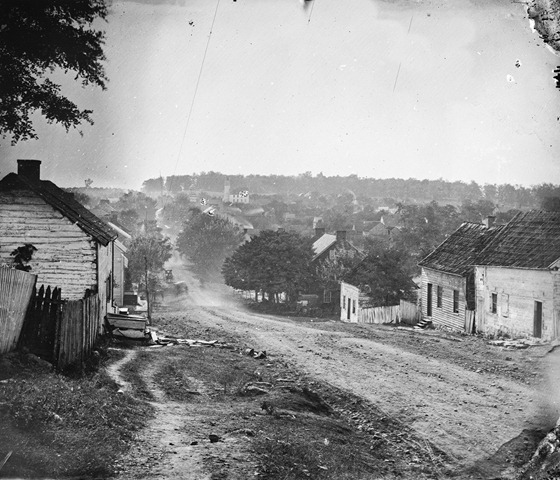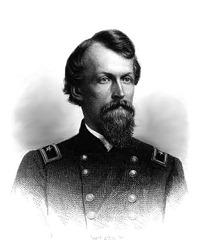London, September 26, 1862
Latterly indeed we have felt a painful anxiety for the safety of Washington itself. For it is very plain that the expedition of the rebels must have been long meditated, and that it embraced a plan of raising the standard of revolt in Maryland as well as Pennsylvania. It has been intimated to me that their emissaries here have given out significant hints of a design to bring in both those states to their combination, which was to be executed about the month of September. That such a scheme was imaginable I should have supposed, until the occurrence of General Pope’s campaign and the effects of it as described in your letter of the 29th ulto….
Thus far it has happened a little fortunately for our comfort here that most of our reverses have been reported during the most dead season of the year, when Parliament was not in session, the Queen and Court and ministry are all away indulging in their customary interval of vacation, and London is said to be wholly empty — the two millions and a half of souls who show themselves counting for nothing in comparison with the hundred thousand magnates that disappear. It is however a fact that the latter make opinion which emanates mainly from the clubhouses. Here the London Times is the great oracle, and through this channel its unworthy and degrading counsels towards America gain their general currency. I am sorry for the manliness of Great Britain when I observe the influence to which it has submitted itself. But there is no help for it now. The die is cast, and whether we gain or we lose our point, alienation for half a century is the inevitable effect between the two countries. The pressure of this conviction always becomes greatest in our moments of adversity. It is therefore lucky that it does not come when the force of the social combination is commonly the greatest also. We have thus been in a great degree free from the necessity of witnessing it in society in any perceptible form. Events are travelling at such a pace that it is scarcely conceivable to suppose some termination or other of this suspense is not approaching. The South cannot uphold its slave system much longer against the gradual and certain undermining of its slaveholding population. Its power of endurance thus far has been beyond all expectation, but there is a term for all things finite, and the evidences of suffering and of exhaustion thicken. The war now swallows up the children and the elders. And when they are drawn away, what becomes of the authority over the servants? It may last a little while from the force of habit, but in the end it cannot fail to be obliterated….





